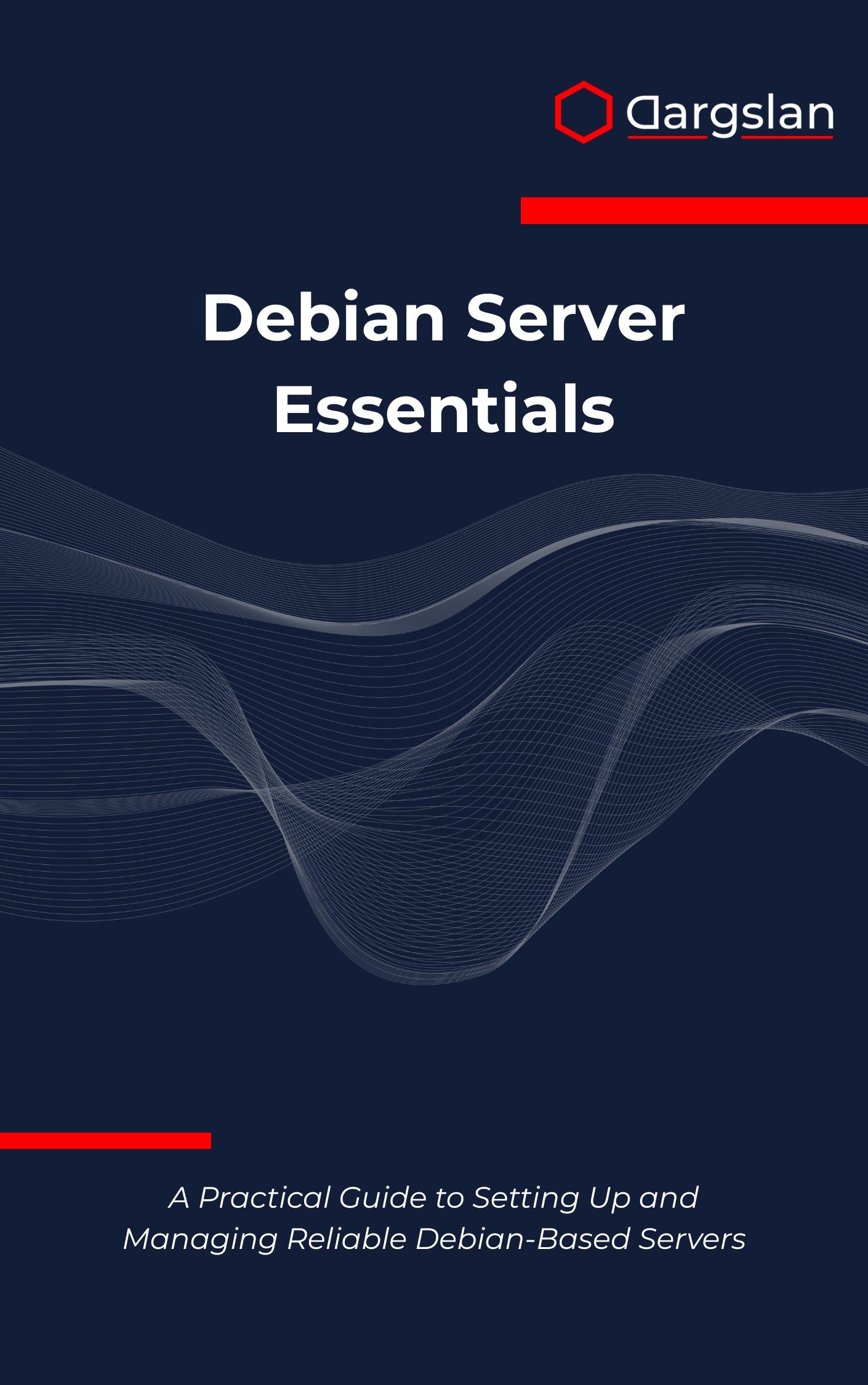Debian Server Essentials

Running a dependable server stack shouldn’t require guesswork. If you’re building infrastructure on Debian, you need a field-tested roadmap that guides you from clean install to stable, secure production. This book distills proven practices into clear, repeatable steps you can trust in real environments.
A Practical Guide to Setting Up and Managing Reliable Debian-Based Servers
Overview
Debian Server Essentials is the hands-on resource administrators rely on for confident Linux operations. Framed as A Practical Guide to Setting Up and Managing Reliable Debian-Based Servers, it walks you through installation, configuration, and day-to-day management with clarity and precision. From first boot to long-term lifecycle planning, you’ll build a solid foundation tailored to modern server needs.
The book tackles the full journey of Debian server installation and configuration while teaching the APT package management system, user and permission management, and network service configuration with production in mind. You’ll strengthen SSH security and remote access, streamline updates, and sharpen your approach to troubleshooting and maintenance so outages become rare and recoveries fast.
Service delivery is covered end to end: web server deployment and optimization with Apache and Nginx, database server setup and administration for MariaDB and PostgreSQL, plus file sharing and FTP services, email server configuration, and backup and disaster recovery. You’ll design system monitoring and logging, implement automation and scripting, apply security hardening techniques, and evaluate virtualization and containerization patterns for scalable infrastructure. As an IT book that doubles as a programming guide and technical book, it blends reference-style depth with practical how-tos you can apply immediately.
Who This Book Is For
- System administrators and DevOps engineers who want a reliable Debian playbook that tightens security, simplifies patching, and reduces downtime while keeping performance predictable.
- Developers and SREs deploying web applications who need production-grade web stacks, from SSL/TLS and reverse proxies to database tuning and reproducible deployments via VMs or containers.
- Students, career changers, and homelab enthusiasts ready to build real skills, ship projects, and gain the confidence to run critical services without fear—start now and level up fast.
Key Lessons and Takeaways
- Build a robust base system using best practices for partitioning, unattended installation, time synchronization, and network tuning, followed by hardened SSH access and a secure baseline.
- Master the APT package management system, automate updates safely, pin versions, manage users and permissions cleanly, and enforce firewall policies while centralizing system monitoring and logging.
- Deploy and optimize core services—Apache/Nginx, MariaDB/PostgreSQL, mail, and file sharing—then implement backups, disaster recovery drills, automation and scripting, and evaluate virtualization and containerization for scale.
Why You’ll Love This Book
This guide stands out for its step-by-step clarity, Debian-specific examples, and pragmatic security-first mindset. Each chapter pairs concise explanations with checklists, configuration templates, and troubleshooting flows so you can move from concept to production without detours.
Real-world scenarios help you make smart trade-offs, from choosing web servers to sizing databases and planning upgrades. The result is a repeatable operating model that improves reliability, performance, and auditability.
How to Get the Most Out of It
- Do one linear pass to set your foundation, then revisit targeted chapters—web, database, email, or networking—whenever you’re deploying or tuning a specific service.
- Build a small lab with two Debian VMs: practice installation, network service configuration, SSH security and remote access, and then layer on web server deployment and optimization.
- Tackle mini-projects: launch a WordPress or Flask app behind Nginx with Let’s Encrypt, configure PostgreSQL replication, schedule backups, centralize logs, and automate provisioning with Ansible.
Get Your Copy
If you want predictable, secure, and maintainable servers, this is your blueprint. Cut through uncertainty, deploy with confidence, and keep your infrastructure running smoothly.
